
FDA Advisory Committee Recommends that Teplizumab Receives Approval
An FDA Advisory Committee weighed the evidence, and the results were positive: They recommended that the FDA approve teplizumab for at-risk individuals.
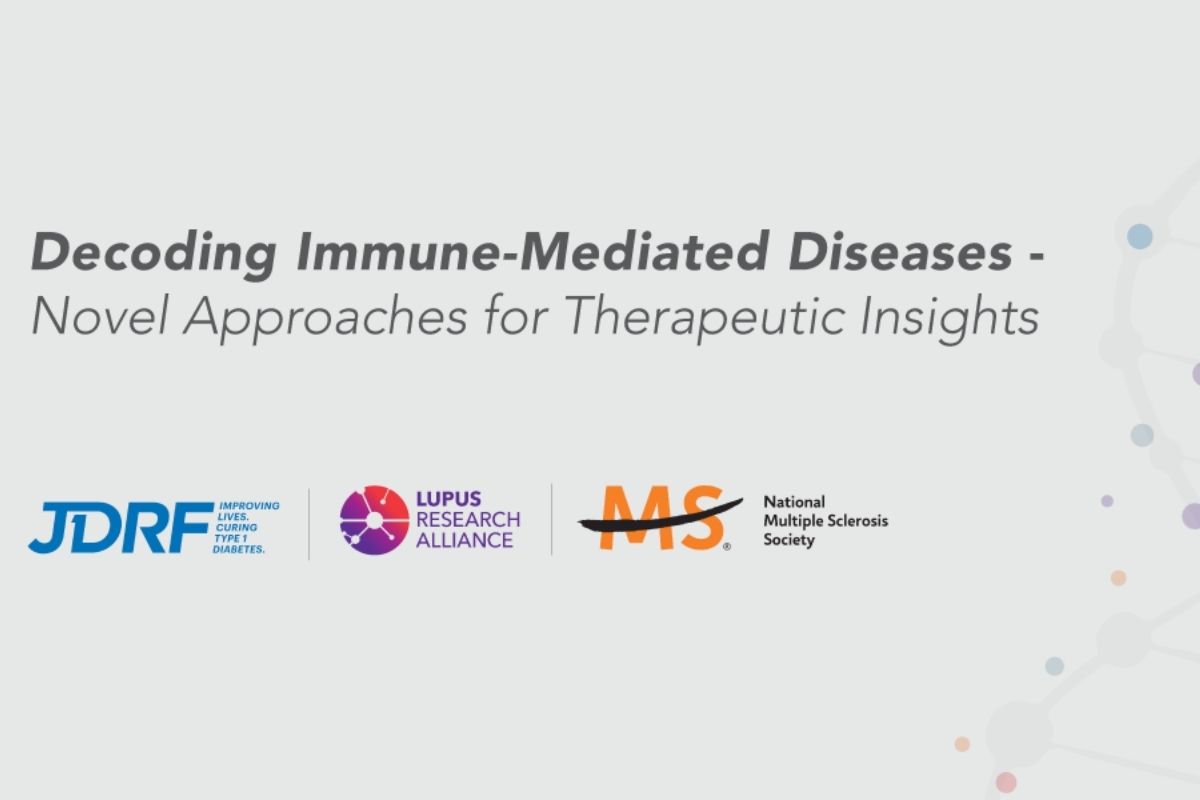
Investigations by Leading Immune-Mediated Disease Research Organizations
Breakthrough T1D has partnered with the Lupus Research Alliance and the National Multiple Sclerosis Society to advance the understanding of autoimmunity.

Can a Psoriasis Drug Halt or Reverse Type 1 Diabetes?
Type 1 diabetes is one of the only major autoimmune diseases that doesn't have a disease-modifying therapy. A Breakthrough T1D clinical trial is aiming to change that.
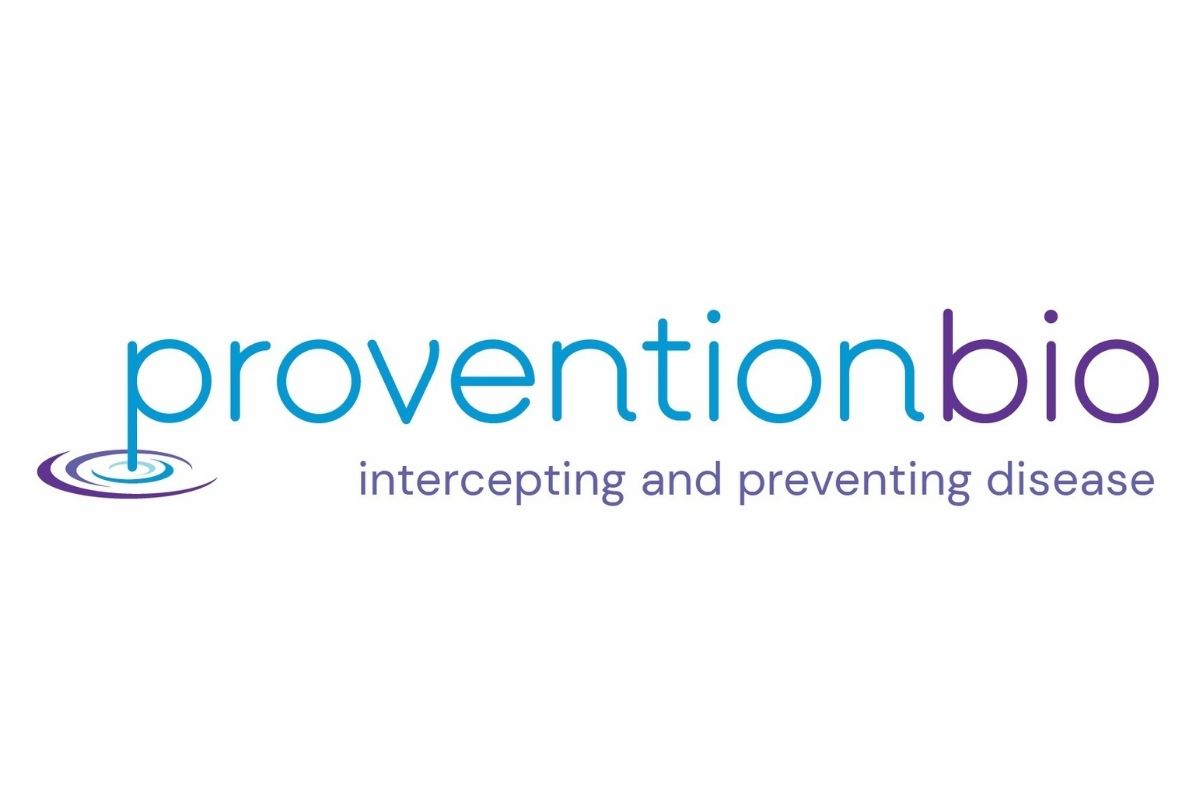
It’s Official: Teplizumab is Under Review by the FDA
The FDA regulatory review is now under way for teplizumab, to prevent or delay T1D in at-risk individuals. The target action date is July 2, 2021.
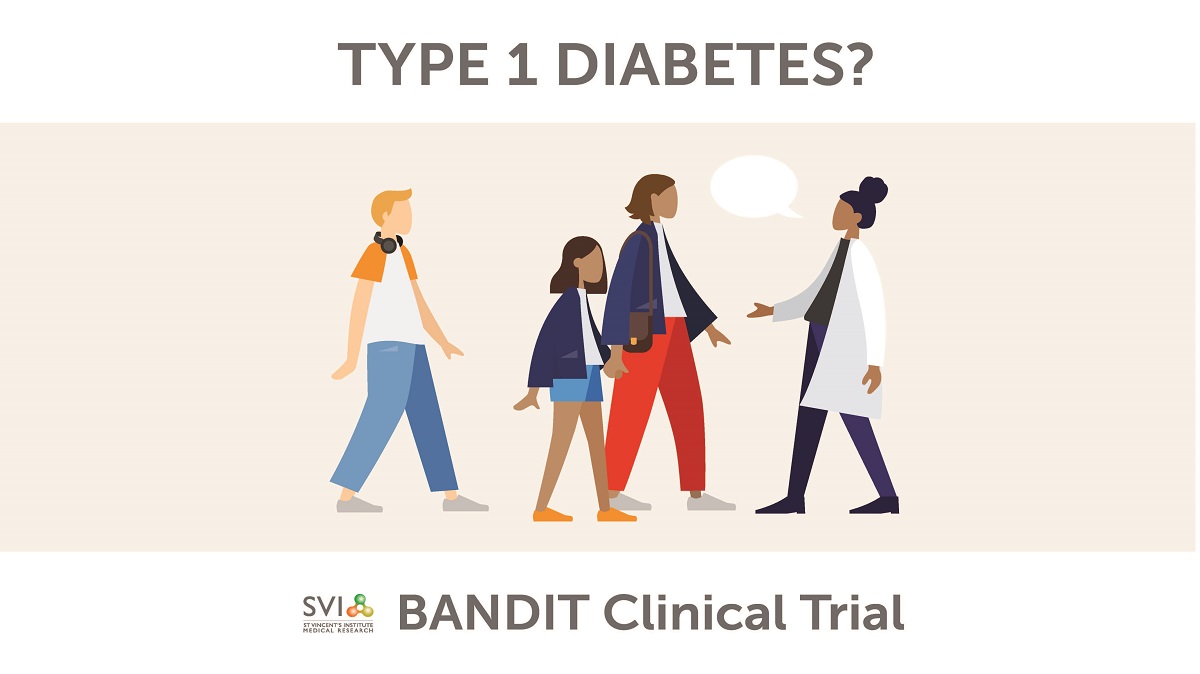
Discovery to Translation: Clinical Trial of a JAK Inhibitor in T1D
A Breakthrough T1D-funded clinical trial will test if a JAK inhibitor will preserve beta cell function in children and young adults with recently diagnosed T1D.

What If You Could Halt Immune Cell Memory?
JDRF-funded researchers have discovered a protein on immune cells that, when it is disabled, could halt immune cell memory.

How Type 1 Diabetes was Established as an Autoimmune Disease
In 1974, two teams showed that diabetes is associated with antibodies against beta cells, which helped establish T1D as an autoimmune disease.
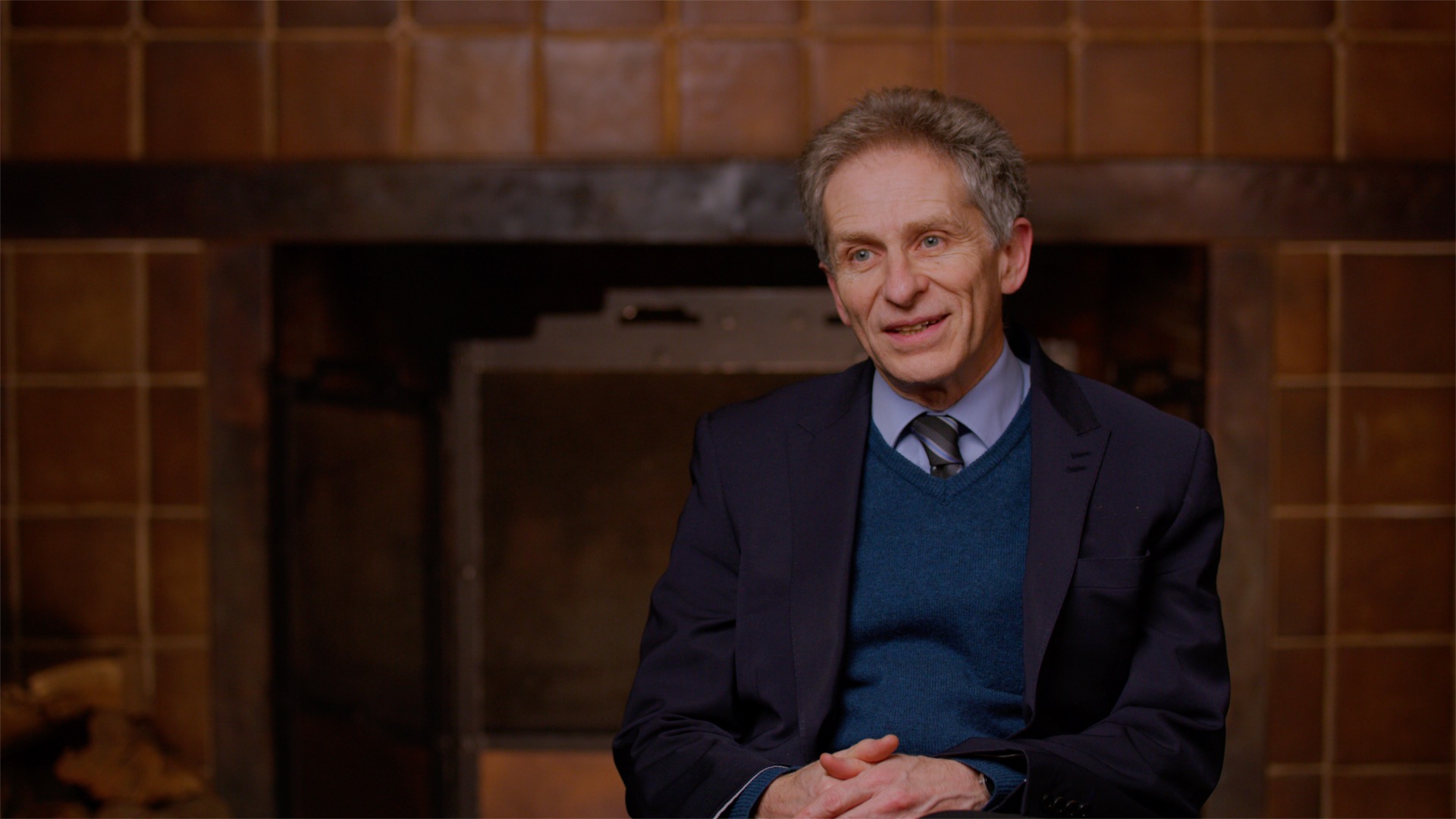
The Power of the Patient Voice: Breakthrough T1D Video
In the words of Colin Dayan, M.D., Ph.D., professor of clinical diabetes and metabolism at Cardiff University: “Type 1 diabetes is almost the only major autoimmune disease now that does not have a licensed immunotherapy.” And he’s going to change that.

Updates from the Teplizumab Trial: You’re Not Going to Believe the Results
Last year, at the American Association for Diabetes (ADA) Scientific Sessions, a drug, called teplizumab, was able to significantly delay—for over two years—the onset of type 1 diabetes (T1D) in participants with a high risk of developing the disease. This was the first ever study in humans to show a delay in the onset of […]
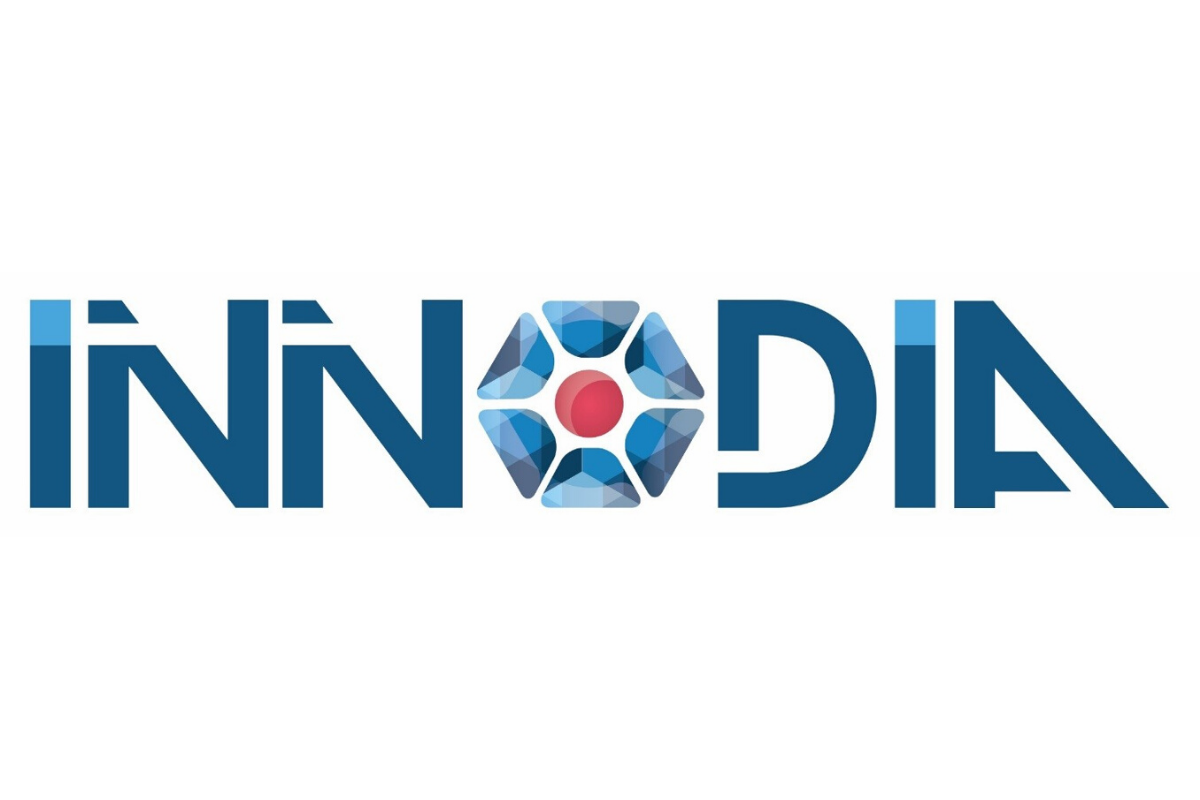
Public and Private Organizations, All with the Same Goal: End T1D
In this time of great uncertainty, there is some exciting news out of Europe. Innodia, a partnership between public and private entities working together to fund research aimed at biomarker discovery and the prevention of type 1 diabetes (T1D), received an additional €12 million in funding from the European Commission, Breakthrough T1D and the Helmsley […]